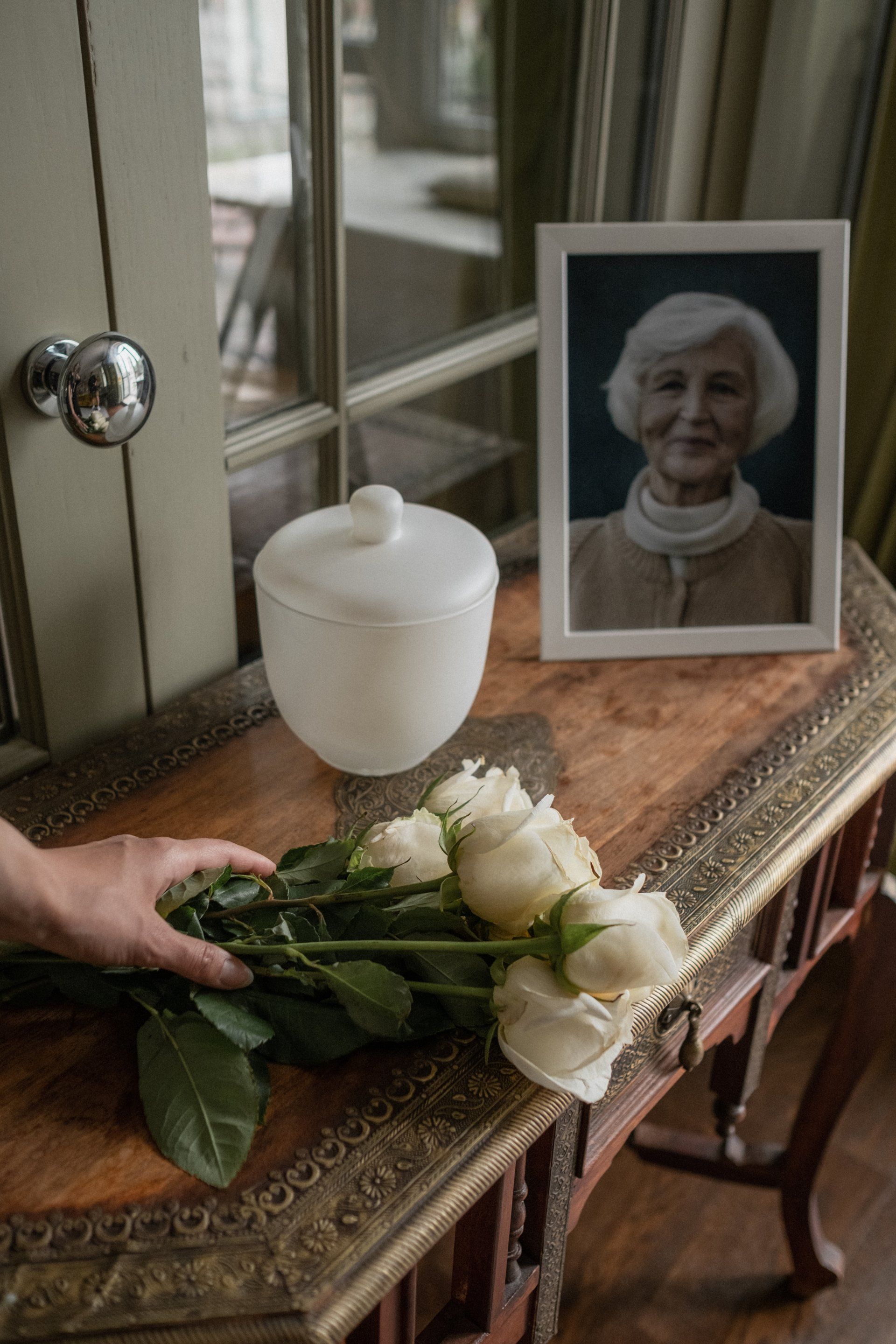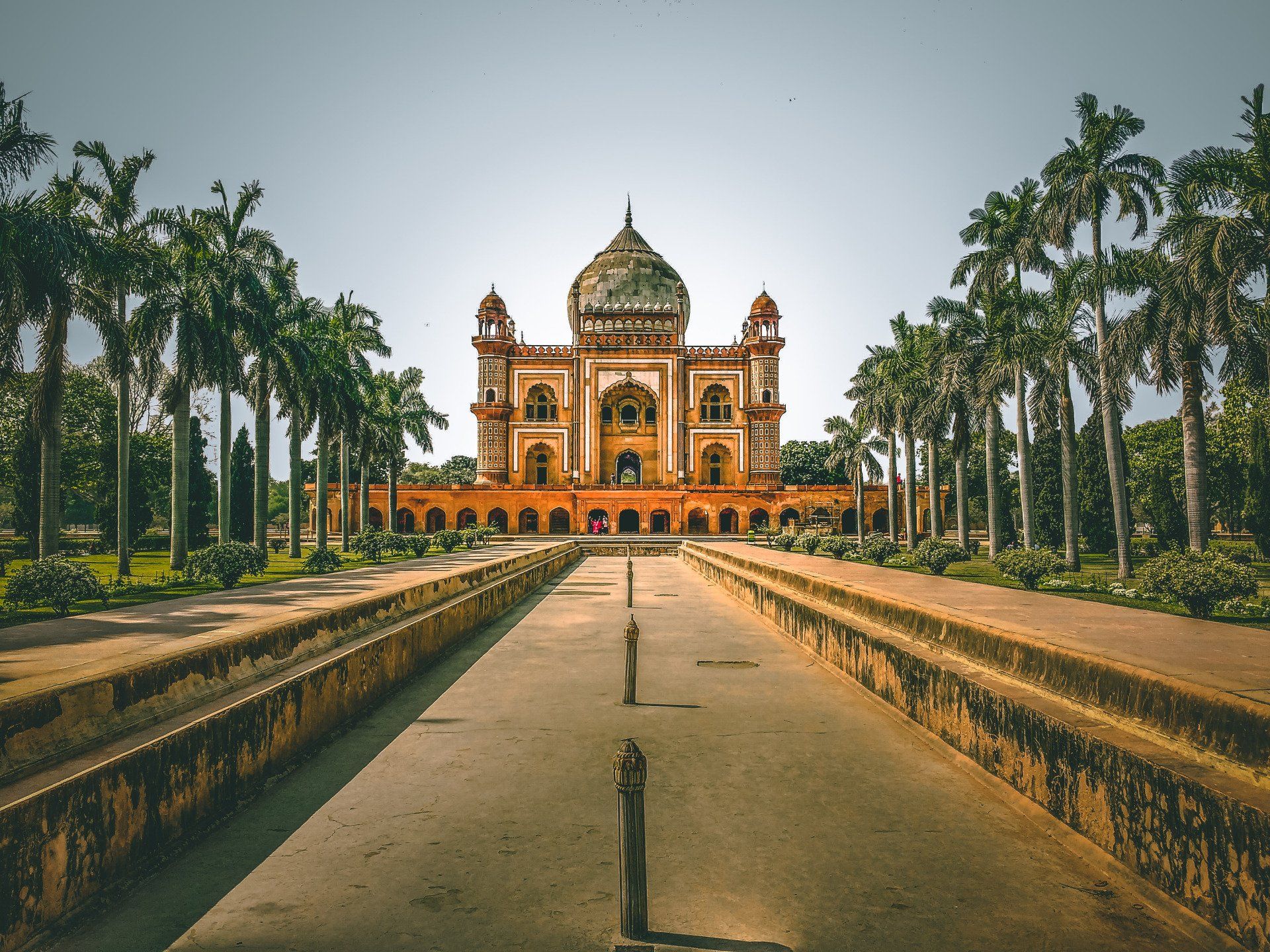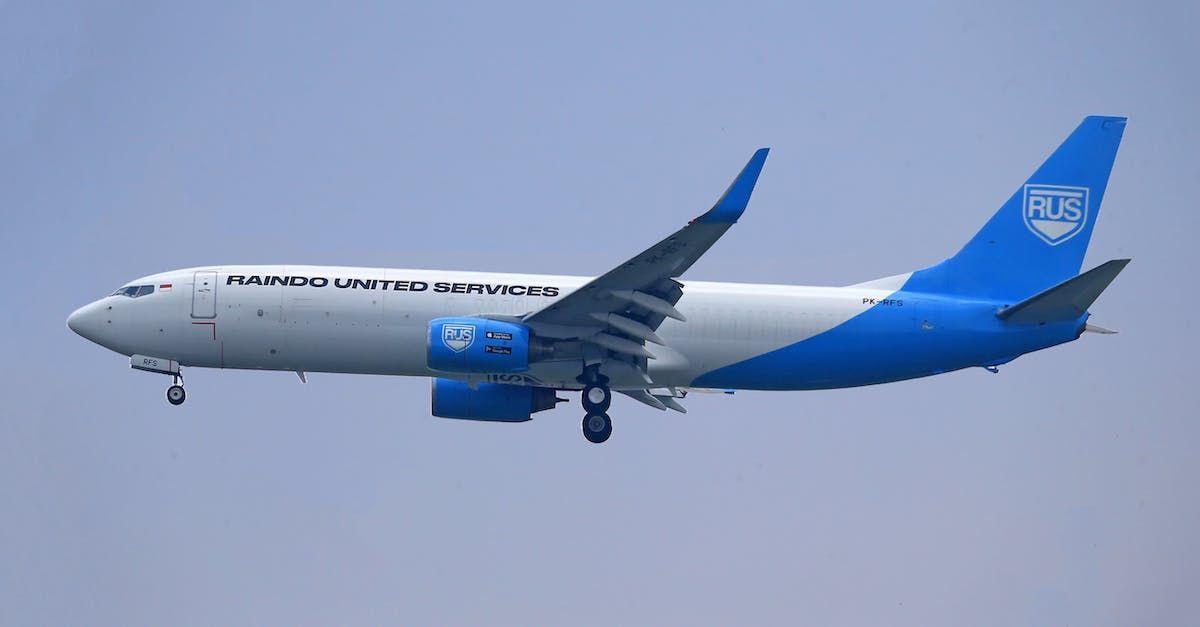What NOT to do when someone dies abroad
The death of a loved one is a difficult and stressful time. This is made even more unnerving if your loved one died abroad. There are many things you should do in order to handle the necessary arrangements but there are also a myriad of things to avoid doing. When someone dies abroad, it’s important to be mindful of certain things to avoid or handle delicately. Here are some things you should try to avoid when someone dies abroad:
- Don’t panic: While it’s natural to feel overwhelmed and distraught, try to remain calm. Panicking can hinder your ability to make clear decisions and handle the necessary arrangements effectively.
- Don’t make hasty decisions: Take your time to gather information and make informed decisions regarding the repatriation process, funeral arrangements, and other necessary tasks. Rushing into decisions may lead to additional complications or regrets later on.
- Don’t assume you know the local laws and procedures: Each country has its own laws, regulations, and cultural practices regarding death and repatriation. Avoid assuming you know the local customs or legal requirements. Instead, seek guidance from local authorities, the embassy or consulate, or a reputable funeral director familiar with the country’s procedures.
- Don’t neglect to notify the authorities: It’s crucial to promptly notify the local authorities in the country where the death occurred. They will guide you through the necessary legal procedures and assist you in obtaining the required documents.
- Don’t overlook documentation: Ensure you have all the necessary documents, including the death certificate, embalming certificate (if applicable), and any other relevant paperwork. Neglecting to obtain the proper documentation may cause delays in repatriation or other legal proceedings.
- Don’t assume the cost is covered: Repatriation and funeral costs can be substantial, and it’s important to understand who is responsible for these expenses. Contact the relevant insurance providers, travel agencies, or other organisations that may provide coverage or assistance. Familiarise yourself with the person’s insurance policies, travel insurance, or any other relevant arrangements.
- Don’t overlook cultural considerations: Respect the local customs, traditions, and religious practices of the country where the death occurred. Consult with local authorities, the embassy or consulate, or a knowledgeable local contact to ensure you are sensitive to cultural considerations when making arrangements.
- Don’t overlook communication: Keep family members, friends, and other relevant parties informed about the situation and any developments. Regularly communicate with them to ensure everyone is on the same page and to provide support to each other during this challenging time.
- Don’t neglect self-care: While it’s important to handle the necessary tasks and arrangements, remember to prioritise your own well-being. Take breaks, rest, eat well, and seek emotional support from friends, family, or professionals as needed. Grief can be physically and emotionally draining, so self-care is crucial.
- Don’t hesitate to seek assistance: If you feel overwhelmed or unsure about handling the situation, don’t hesitate to seek help. Contact the nearest embassy or consulate, consult with a reputable funeral director, or reach out to support organisations specialising in repatriation or grief counselling. They can provide guidance, support, and resources to assist you.
Navigating the process of handling a death abroad can be challenging, but by approaching it with patience, seeking guidance, and being respectful of local customs, you can navigate the situation more effectively. Repatriation companies are available to make the process as simple as possible and allow you to navigate through the process efficiently and ensure that all of the necessary paperwork is sorted and provided to appropriate authorities.
The post What NOT to do when someone dies abroad appeared first on Global Funeral Repatriation.





Global Funeral Repatriation provides a national and international repatriation service throughout the UK and globally.
All Rights Reserved | Global Funeral Repatriation | National Repatriation
Limited – Company Number in England & Wales 12329567 | Privacy Policy
Website Designed by Up2Speed Marketing Ltd


